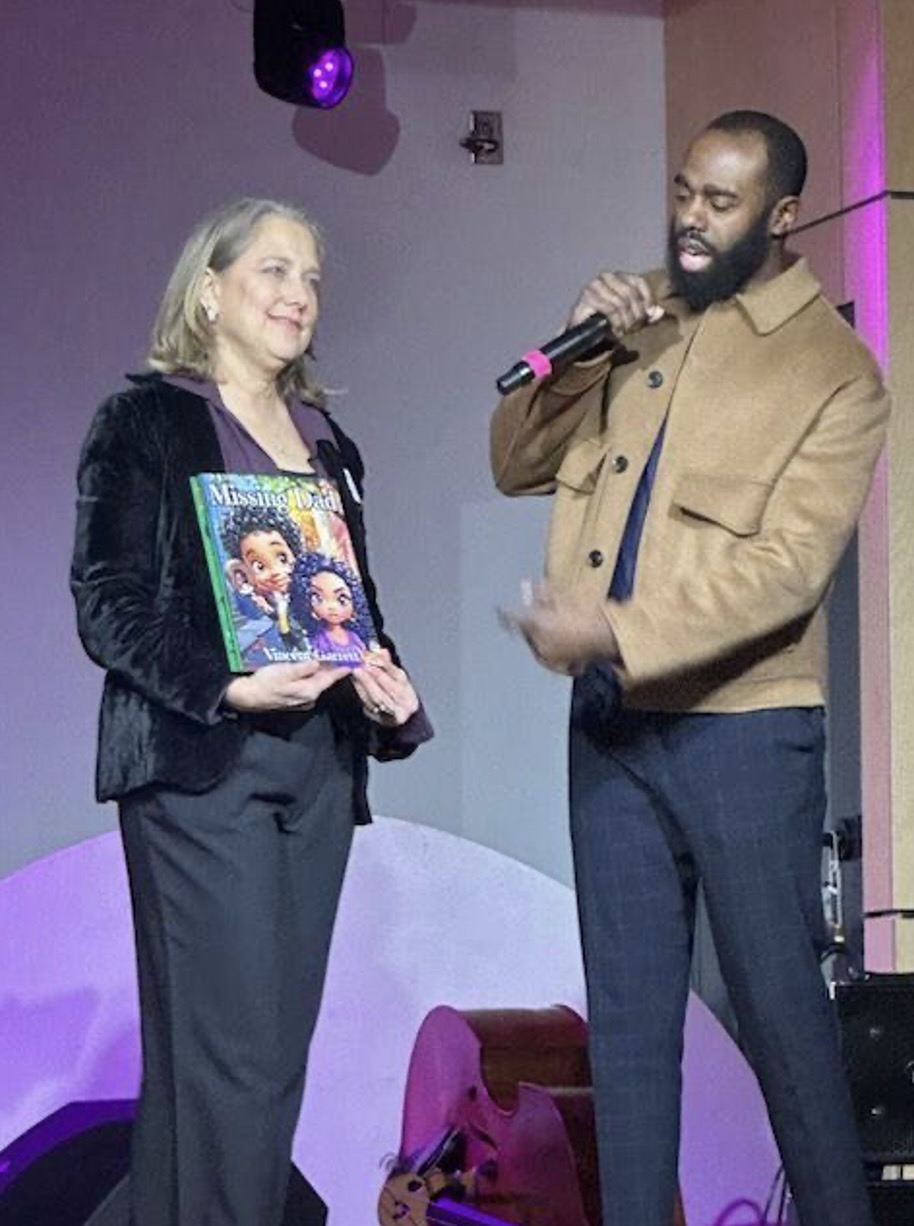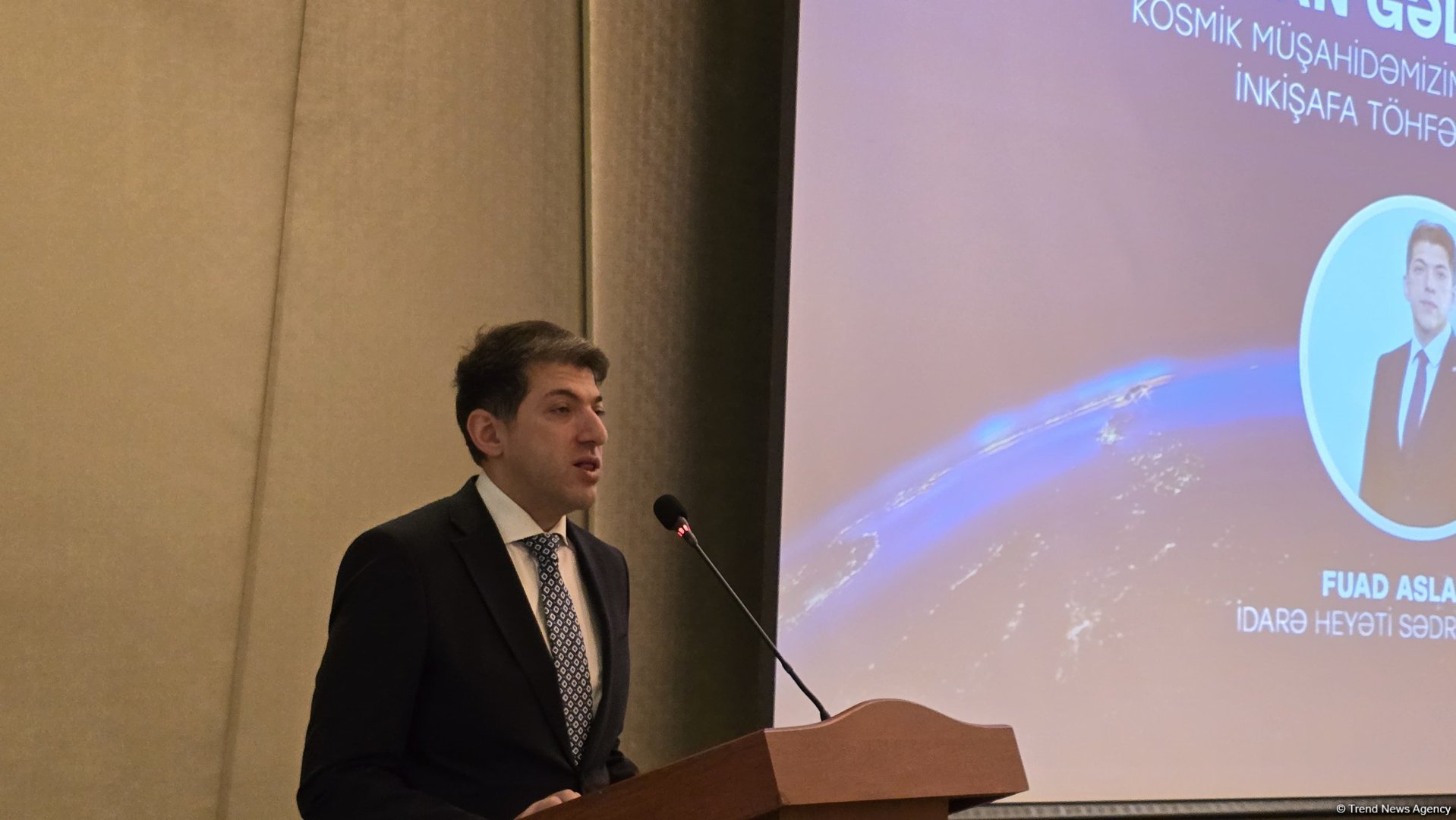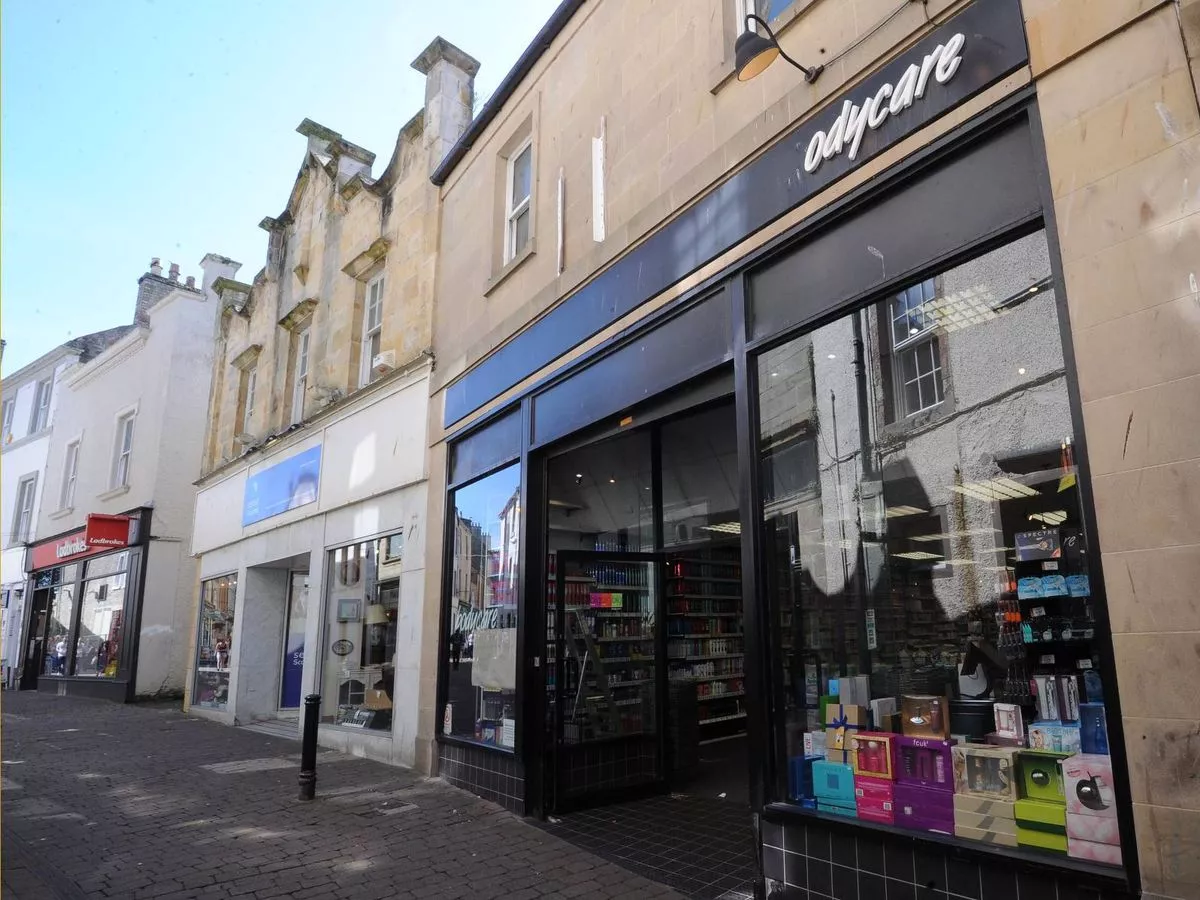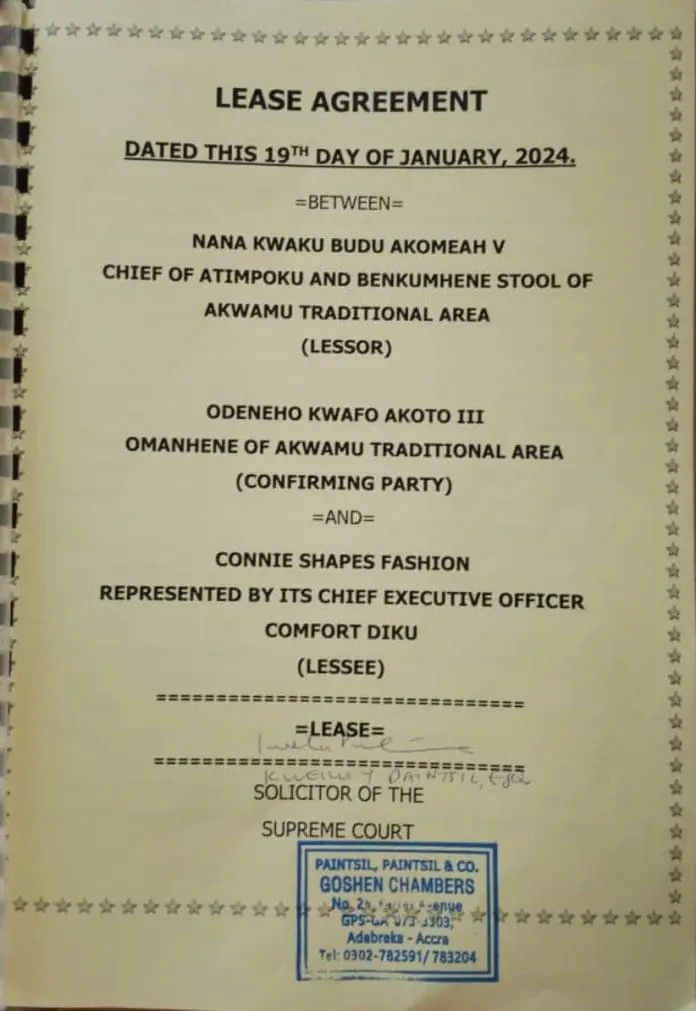Copyright laweekly

When people leave incarceration, they don’t leave the experiences behind. The impact of incarceration would often linger in the mind, in the body, and within the families waiting on the outside. Rachel Dalinka, host of Opening Doors with Rachel Dalinka and founder of RAD Consulting, understands this intimately, and it’s this understanding that sits at the heart of her work. Through her podcast and community partnerships, Dalinka has initiated a movement that is informed by one essential question: “How can society help formerly incarcerated individuals and their families truly return home?” “Incarceration doesn’t end when someone walks out of prison,” says Dalinka. “What they went through in there, and what they went through that put them there, still has a grip on them. And their families, who love them and want to move on, often don’t understand why it’s not just ‘done.’” That disconnect is where the work begins. Her podcast, Opening Doors with Rachel Dalinka, was born from both personal experience and professional purpose. Having witnessed incarceration up close as a teenager due to her father, and later working with reentry coalitions in Pennsylvania, Dalinka points out that deep-rooted trauma and stigma can often entrench themselves in a person’s life. “A lot of my work focuses on looking at the human,” she says. “How do we work with trauma so that trauma doesn’t end up putting people behind bars, and if it has, how do we help them heal and rebuild once they’re out?” Her search for answers has led her to believe that reentry is a community responsibility, one that extends beyond a one-person journey. “We can’t do this in isolation,” she says. “As business owners who can hire, as neighbors who can support, as communities who can welcome, there’s so much we can do to give people a real second chance.” Yet in order to execute that, Dalinka underpins a shift in mindset. She shares an example of how people leaving incarceration face barriers to housing, credit, and employment. “Every time you go to rent an apartment or apply for a job, someone runs a background check,” Dalinka explains. “That record can follow you, even after you’ve paid your dues. For most people, it could become a lifetime sentence of limitation. A lot of the work we do focuses on educating communities to encourage providing more opportunities to people with a record.” Dalinka points out that this systemic hurdle reinforces a larger cultural issue, the idea that someone who has been incarcerated is permanently marked. “We have to change the way we think about incarceration,” she insists. “People need to be given a second chance. Most just want what we all want, a roof over their heads, safety for their children, and a full belly.” That mission of restoration and opportunity also drives her work with Keys to Success Collaborative, a nonprofit that she helped form. The organization aims to connect employers, workforce professionals, and shelter managers to help people in shelters, many of whom are formerly incarcerated or recovering from addiction, find sustainable work and training, and ultimately, achieve a better quality of life. “This is a collaborative effort,” she notes. “There are so many nonprofits chasing the same goals, often competing for the same incentives. But we’re stronger when we work together. No one should be left behind because organizations may be working in silos.” Keys to Success partners with other non-profit organizations that offer three-month certification programs to train participants in fields like healthcare and IT, providing stipends, certifications, and job placement support afterward. “For someone with a GED, these programs can be life-changing,” she adds. “The training can allow them to earn a sustainable wage, and in doing so, possess the ability to provide for a family and rebuild dignity. It’s a mission toward the betterment of society.” Dalinka’s podcast continues to expand the conversation by featuring the voices of those who have lived through incarceration and professionals in the criminal justice arena. Each episode ventures into the human side of reentry, the struggles, the growth, and the path toward belonging. She’s even working on bringing the podcast into tablets inside incarceration facilities, so those within can hear the stories of transformation and hope, re-instilling in them what they may have lost. Through her multifaceted approach, Dalinka remains focused on achieving one goal: providing healing from incarceration through collaborative tools, compassion, and opportunities people need to thrive. “If we can work as a society to help some of the most vulnerable among us, then that’s sacred work,” she notes. “That’s how we create a difference.”



